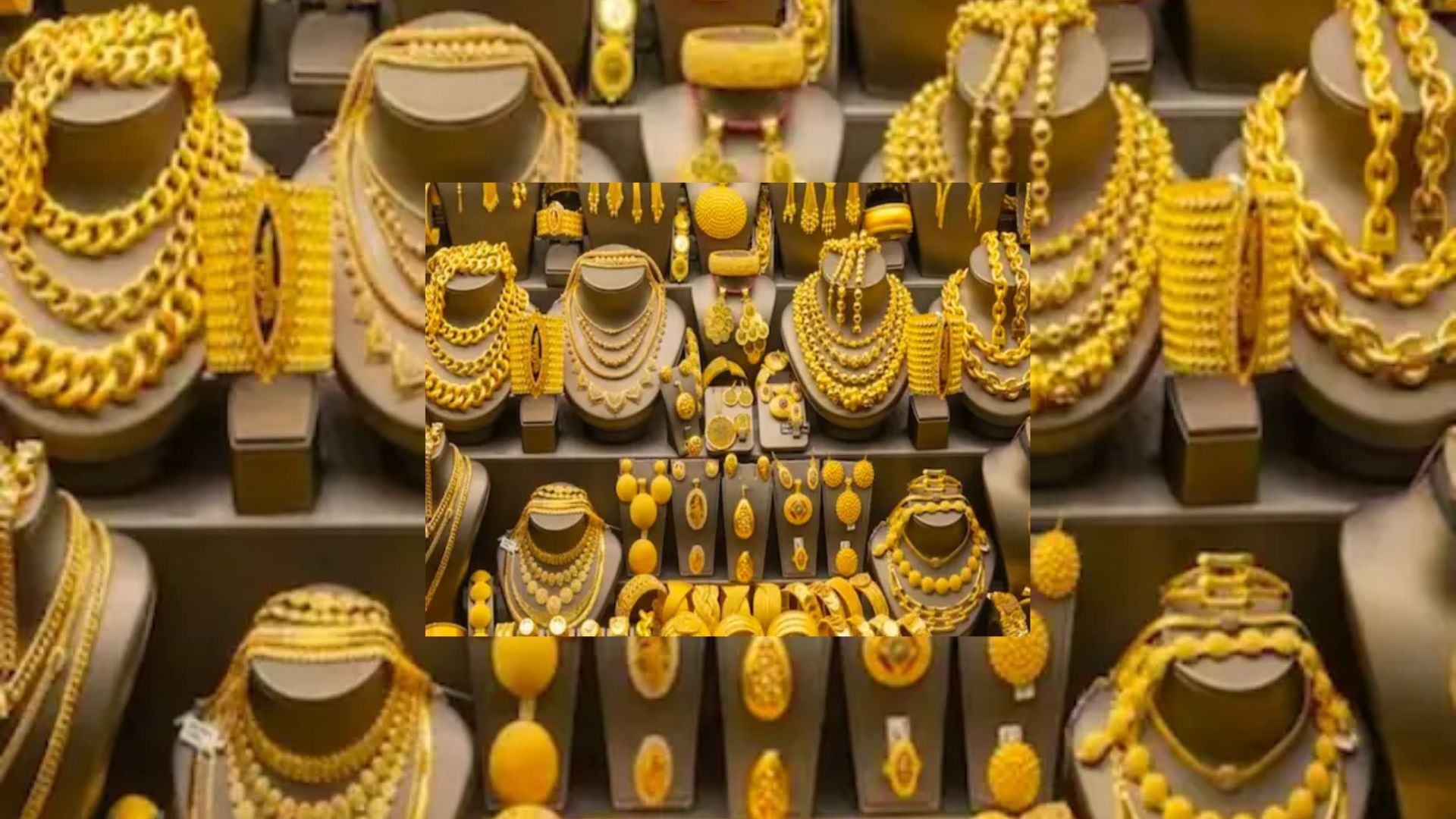The official start of Tunisia’s presidential campaign season was marked by significant unrest in the capital on Saturday, following a major protest the previous day. This demonstration highlighted growing dissatisfaction with the current state of the nation.
Largest Protest Since Arrests Began
On Friday, hundreds of Tunisians participated in what is being described as the largest protest since a wave of arrests commenced earlier this year. The march was a peaceful display of discontent, with demonstrators condemning what they perceive as a police state. Khaled Ben Abdeslam, an urban development consultant, voiced his concerns to The Associated Press, stating, “We’re here to say no and show that we don’t all agree with what’s really happening in the country.”
READ MORE: U.S. Urges India To Ban Russian Media RT; MEA Officials Say ‘The Matter Does Not Pertain To India’
Echoes of the 2011 Uprising
The recent protest brings to mind the 2011 uprising that led to the fall of President Zine El Abidine Ben Ali and sparked revolts across the Arab world. Today, Ben Abdeslam fears that Tunisia may be regressing under President Kais Saied. He lamented, “Nobody dares to say or do anything anymore today,” as protesters approached the Interior Ministry.
Economic and Political Discontent
Protesters expressed their frustration over economic and political issues. Signs denounced the high costs of essentials and the decline in civil liberties, with messages such as “Where is sugar? Where is oil? Where is freedom? Where is democracy?” Many also revived slogans from the 2011 revolution, now targeting Saied’s administration.
Escalating Political Repression
The protest occurred amidst a significant crackdown on opposition figures. The week leading up to the demonstration saw a large-scale arrest of senior members of the opposition party Ennahda. As Saied prepares for reelection on October 6, the political climate remains tense. Saied, who was elected in 2019 on an anti-corruption platform, has since concentrated power by freezing parliament and rewriting the constitution. His tenure has been marked by widespread arrests of journalists, activists, and political adversaries.
Economic Struggles and Populist Rhetoric
Under Saied’s leadership, Tunisia’s economic situation has worsened, with unemployment reaching one of the highest levels in the region at 16%. Despite these challenges, Saied has energized his base with populist rhetoric, including controversial statements about migrants from sub-Saharan Africa.
Repression Intensifies Ahead of Election
As Saied seeks a second term, his administration has intensified its repression of political opponents. Ayachi Zammel, one of the two approved candidates challenging Saied, was promptly arrested after being announced. His attorney, Abdessattar Messaoudi, fears that Zammel might face a lifetime ban from politics, as seen with other challengers.
Civil Society’s Response
The Tunisian Network for the Defense of Rights and Freedoms, a coalition of civil society groups and political parties, organized the protest to highlight the rise of authoritarianism. Frustration grew when Tunisia’s election authority, composed of Saied appointees, defied a court ruling to reinstate three disqualified candidates, further raising concerns about the country’s political future.
Growing Disillusionment
With the election approaching, many Tunisians are expressing deep disillusionment. Hajer Mohamed, a 33-year-old law firm assistant, reflected on the current state of the country: “We never thought that after the 2011 revolution we’d live to see the country’s suffocating situation. Even under former dictator Zine El Abidine Ben Ali, the situation wasn’t as scandalous as it is today.”
(Includes inuts from online sources)
ALSO READ: Several Dead In English Channel Crossing Attempt From France, Authorities Report























